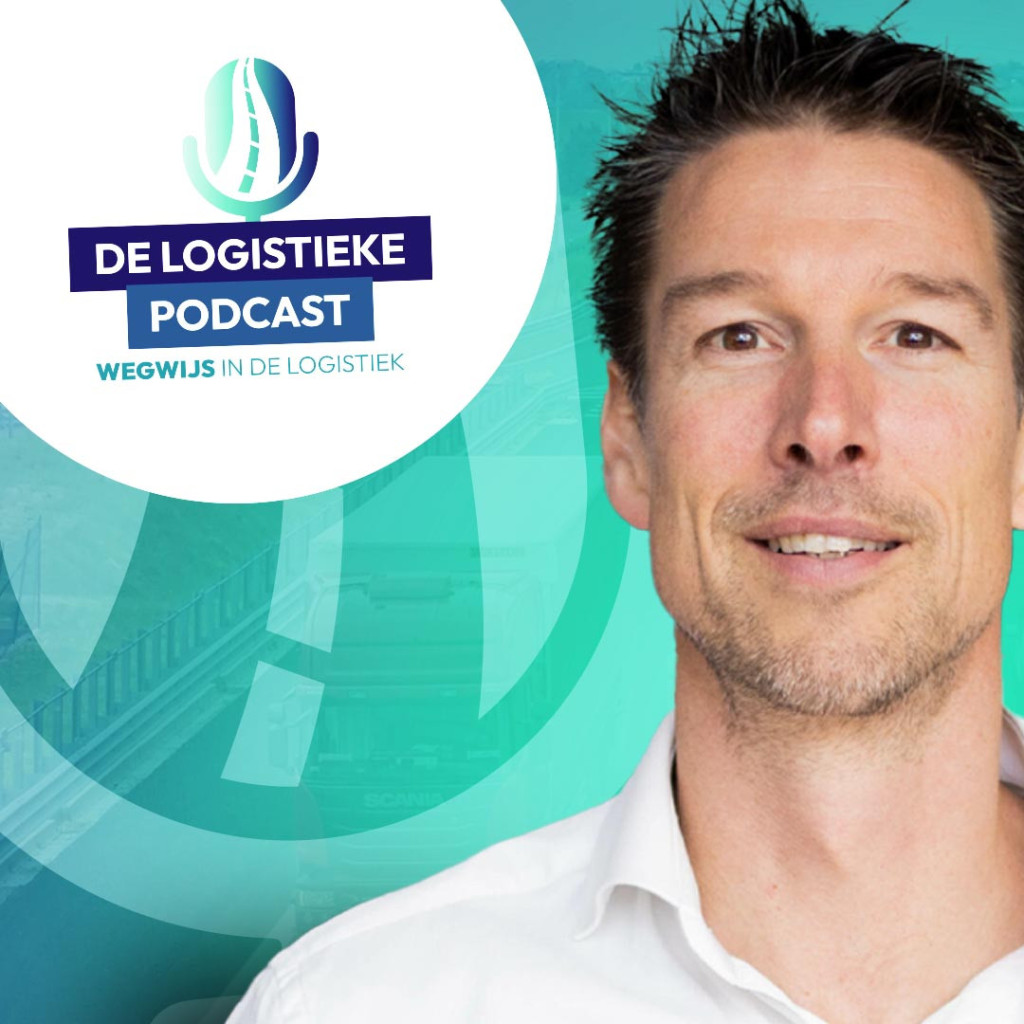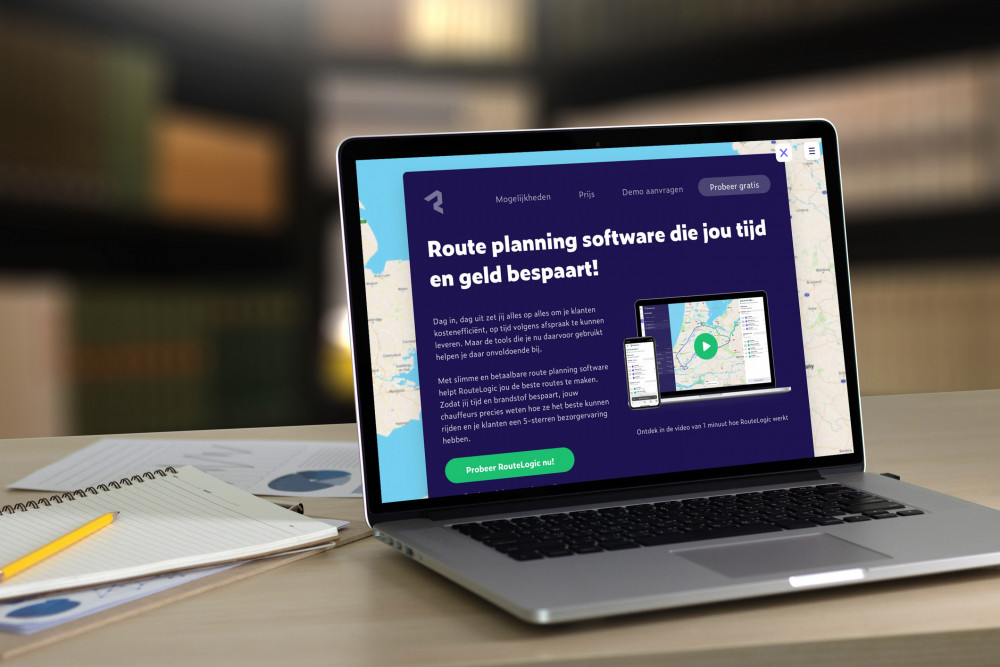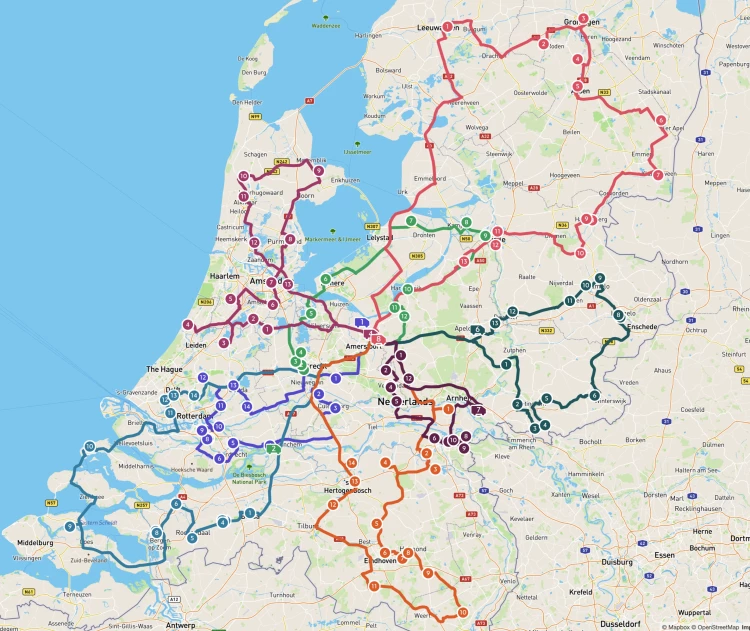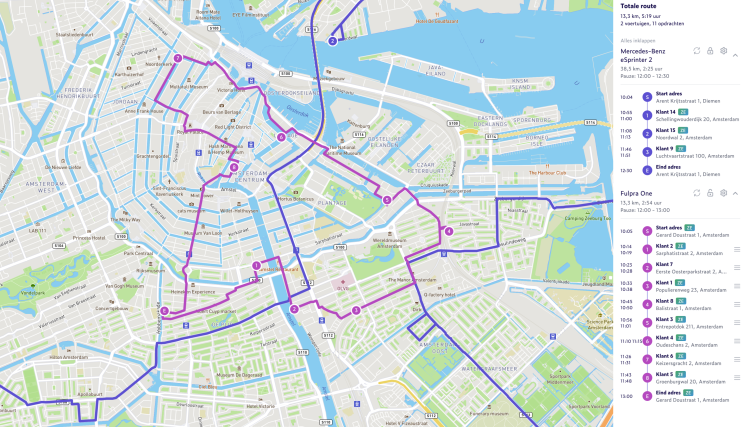From energy world to AI specialist
Joep started his career in the energy world, where he worked at large companies such as Enexis and Essent. But after a sabbatical and a chance meeting with an old college friend, he rolled into the world of data and AI. Pipple, the company where he has been working for six years now, helps organisations become data-driven and apply AI in various sectors, including logistics.
"We want to make an impact with data and AI. Not only for companies, but also for the world around us."
Smarter logistics with AI
A good example of how Pipple is using AI in logistics is their collaboration with A.S. Watson, the parent company of Kruidvat and Trekpleister. The company wanted to optimise their warehouse operations, as manual order picking was inefficient and time-consuming.
By developing a smart algorithm that optimises orders and makes routes within the warehouse more efficient, Pipple managed to significantly reduce order picking distances. This led to fewer errors, faster processing and a more efficient logistics process.
It's all about AI not just being smarter, but actually being used in practice. That's where the impact is.
AI adoption: the human factor
While AI technology offers impressive solutions, the biggest challenge is often not the technology itself, but its adoption within an organisation.
Many employees see AI as a threat to their jobs. Joep stresses the importance of involving employees in the development and implementation of AI solutions from the beginning.
If you don't include people in the process, they won't embrace the technology. You have to show that AI helps, rather than replaces.
The future of AI in logistics
According to Joep, AI is only at the beginning of its impact on logistics. Whereas AI is now mainly used for optimisation and automation, in the future it will increasingly be able to make decisions independently.
He foresees companies eventually being able to work with "AI copilots" that make real-time decisions based on live data. This could range from route optimisation to predicting supply chain bottlenecks.
"AI will no longer be a support, but a full partner in the decision-making process," he says.
Where should companies start?
For companies not yet working with AI, it can seem overwhelming to start. Joep's advice: start small.
1. Get your data in order - AI is nothing without good data.
2. Start with a simple dashboard - Look for insights into your processes first.
3. Work with pioneers within your company - Engage enthusiastic employees.
4. Accept that it is a learning process - AI doesn't work perfectly right away, experiment and learn.
If you don't start now, you will be behind in a few years. AI is not hype, but a necessary development.
Listen for the full story
This is just a glimpse of the fascinating story by Joep van den Tillaard of Pipple. To discover the full experience and all the ins and outs, we invite you to listen to the entire podcast episode on Spotify.
Listen to the podcast for all the details.




